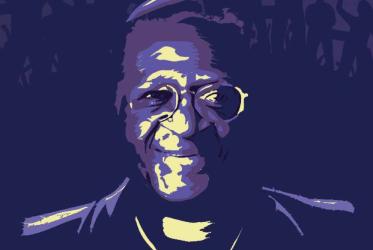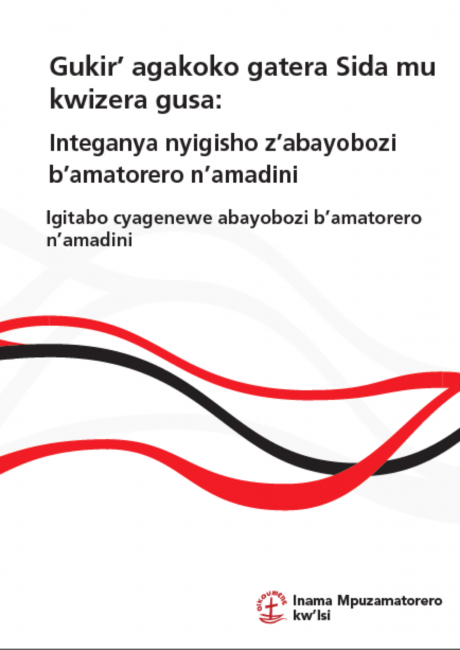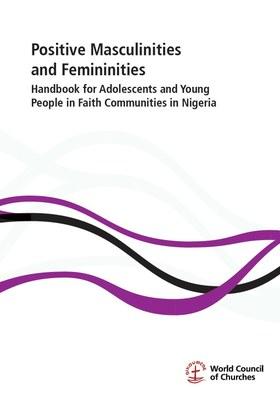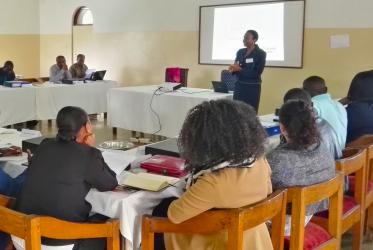Displaying 1 - 20 of 39
Compendium of Promising Practices of African Faith Community Interventions against Paediatric and Adolescent HIV
Executive Summary
23 March 2024
Ahead of Her Time
Pan-African Women of Faith and the Vision of Christian Unity, Mission, and Justice
01 November 2023
Tutu’s legacy: A Zoom panel celebrating “the Arch”
03 February 2022
Helping Children Out of the Shadows and Into the Light: Brochure
Church Resources For Ending Sexual Violence Against Children
04 November 2020
Treatment Adherence and Faith Healing in the Context of HIV and AIDS in Africa
Training Manual for Religious Leaders
25 October 2020
Positive Masculinities and Femininities
Handbook for Adolescents and Young People in Faith Communities in Nigeria
19 October 2020
Healing Together
A Facilitator’s Resource for Ecumenical Faith and Community-Based Counselling
15 October 2020
WCC Eco-School encourages youth to become eco-ambassadors
08 November 2018
Konrad Raiser shares ecumenical journey of transformation
06 February 2018
GEM School: integrating theology and economics
05 September 2017
African youth takes stand at first ever WCC Eco-School
03 August 2017
Applications open for WCC Eco-School
10 May 2017














